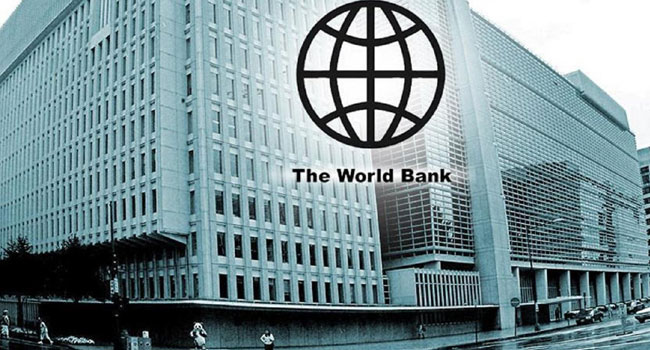Business News

The World Bank has approved the release of 750 million dollars International Development Association (IDA) credit to the Nigeria State Action on Business Enabling Reforms (SABER) Program-for-Results.
This was announced in a statement that was released by the World Bank on Thursday.
The fund is supposed to help Nigeria accelerate the implementation of critical actions that will improve the business-enabling environment in states.
“Nigeria has made progress in advancing reforms to eliminate constraints in the business environment, especially through actions driven by the Presidential Enabling Business Environment Council (PEBEC),” the statement read.
The world bank stated that even though Nigeria has not been able to attract both domestic and foreign investments, it is able to catalyze private investments.
“However, Nigeria’s ability to attract domestic and foreign investment remains low compared to its peers. Nigeria’s 36 states and the Federal Capital Territory (FCT) are capable to catalyze private investment but vary significantly in their efforts and ability to do so,” the statement added.
“It aims to strengthen the existing PEBEC-National Economic Council subnational interventions by adding incentives, namely results-based financing to the states, and the delivery of wholesale technical assistance–available to all states–to support gaps in reform implementation.”
“Following the significant progress made by states on fiscal reforms through the State Fiscal Transparency, Accountability and Sustainability (SFTAS) program, the SABER program endeavors to offer similar support to the states to undertake critical business-enabling policy and institutional actions that will incentive private sector development,” said Shubham Chaudhuri, World Bank Country Director for Nigeria.
“Private sector investments remain the major vehicle to create more jobs, increase revenues to the states and improve social and economic outcomes for citizens.”
“Overall, the SABER program looks to consolidate and deepen business enabling environment reforms across more states,” said Bertine Kamphuis, Task Team Leader for SABER.
“The use of the Program-for-Results model, which ensures disbursement of funds after achieving results, helps the government in strengthening its own program by incentivizing institutional performance at the state level through results-based financing. States will be responsible for achieving the program results and thus will be leading the implementation of the program.”


Comments